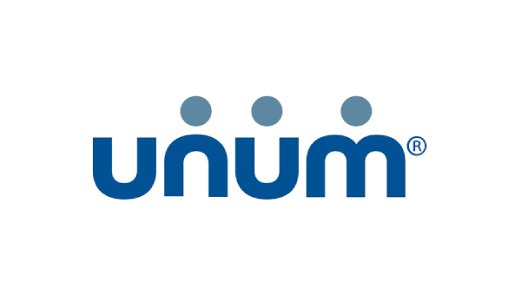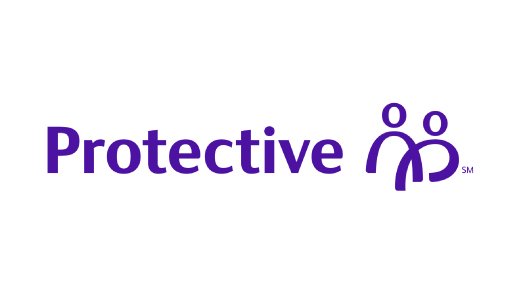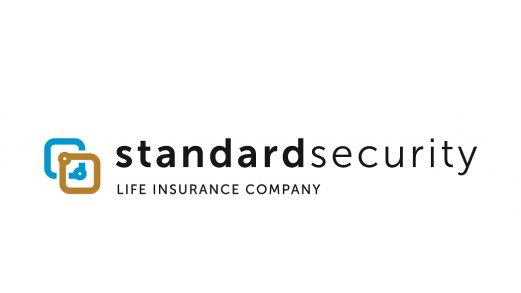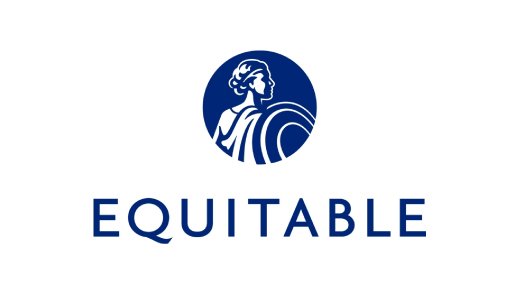Group Life Insurance
A popular benefit that many companies offer their employees is Group Life Insurance.
This type of insurance can be low- or no-cost to the employee, providing financial support to their families and loved ones after they are gone. These death benefits can be based on employee salary, or can be a pre-set amount.
Generally, group life insurance is term life insurance, which means that the insured is covered until a set age (usually 65), and then the policy expires. If the employee dies after this age, there is no benefit payable to the beneficiaries.
Some group life insurance plans include additional benefits as well. An accidental death and dismemberment provision provides payment in the event that the insured is in a covered accident that causes death or specific serious injuries (blindness, loss of a limb, etc.). An accelerated death benefit allows a terminally ill insured to access funds from their group life insurance plan in order to pay for costly end-of-life care.
Another benefit some companies may offer their employees is the ability to add additional insurance per their own needs. Voluntary life insurance is generally paid for by the employee, not the employer, but the cost is markedly less expensive than it would be if seeking it on an individual basis. Another benefit is that, generally, an employee would not have to prove their insurability to the insurer, resulting in less stringent requirements for obtaining additional coverage.
Upon termination of employment, most group life policies include a conversion clause, wherein employees can keep their group life insurance even after they’ve left the company, paying premiums themselves (though the cost may increase somewhat).
When seeking a suitable life insurance policy to offer your employees, it can be daunting to consider the many different options that are available. Schulman Insurance is well versed to address your considerations and help you choose the products that will make the most financial sense to you as you provide for your employees.
Life Insurance Carriers we work with
Group Disability Insurance
Employer-sponsored group disability insurance protects employees in the event that they become disabled, whether due to injury or illness, and are no longer able to work. The aim of this type of insurance is to serve as a salary replacement as the insured is no longer able to earn a salary. It can be offered as short-term (generally covering a period of no longer than two years) or long-term (covering two-plus years of disability). Schulman works with a variety of disability insurance providers offering a myriad of different products and features - and we can help you to choose which are best suited for you and your employees.
Short-Term Disability
Group short-term disability (STD) guards against the loss of earned income resulting from a temporary disability, such as pregnancy, illness or injury. Generally, an employee will be required to undergo an elimination period, which is a short period of time before benefits begin but after the onset of the disability period. A percentage of the employee’s salary is then paid over the course of several weeks or months with the expectation that the employee will return to work.
At times, group STD will act in conjunction with state disability benefits, bridging the gap between what the state is providing and what the employee is accustomed to earning, as well as the amount of time that is covered. This ensures that the employee does not undergo financial hardship during the disability period.
In some states, groups are required by law to provide certain disability benefits, and thus the STD plans have to operate within these guidelines. At Schulman, we are well acquainted with the requirements your company needs to operate within when offering a group STD benefits package, ensuring your compliance with state and federal laws.
Long-Term Disability
Long-Term Disability (LTD) insurance is similar to STD in that it provides for the insured during a period when they are no longer able to work. The key difference is that the LTD coverage period is extended due to a longer expected disability period. The duration of time can be anywhere from a few years up to retirement age. To qualify for these benefits, an individual must be unable to perform their job tasks for an extended amount of time. In some cases, a policy can adjust the definition of a disability after a certain period of time has passed, based on whether the individual is able to pursue any gainful employment.
Like STD, LTD also features an elimination period between the onset of disability and when benefits begin. It also pays a percentage of the insured’s earned income, typically around 50-70%. Premiums can either be covered by the employer, the employee, or split between the two. Costs are generally based on the amount of insurance purchased, the nature of coverage, and the amount of time the elimination period lasts.
Though it varies from policy to policy, most LTD policies will cover long-term illnesses such as cancer, autoimmune disorders, mental health issues, neurological disorders, and severe injuries.







































